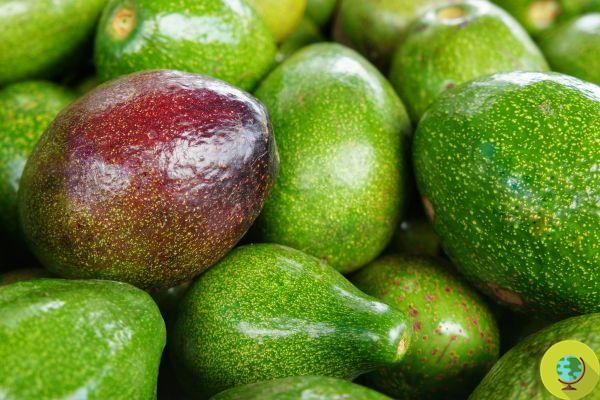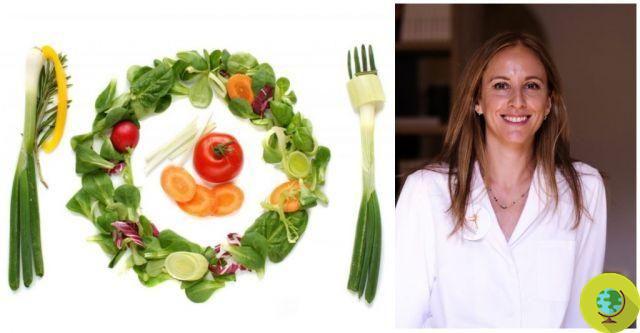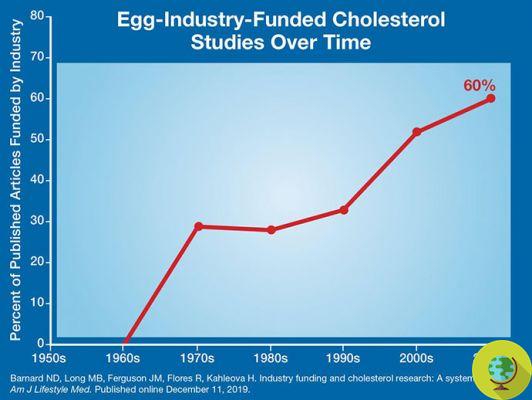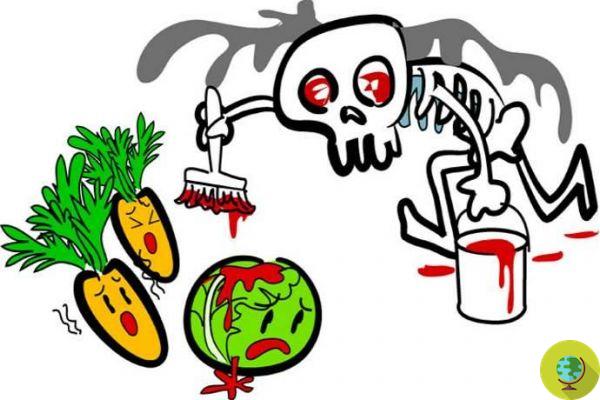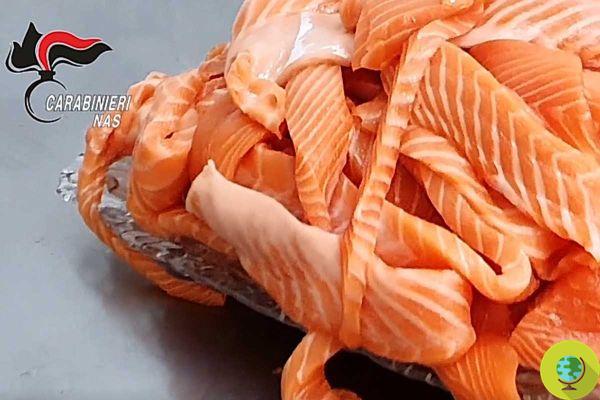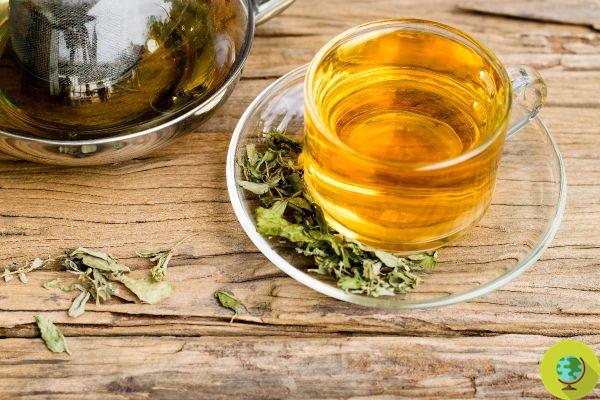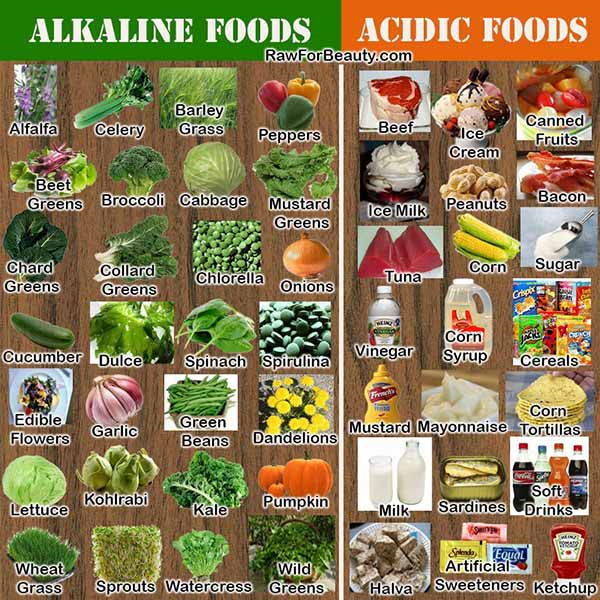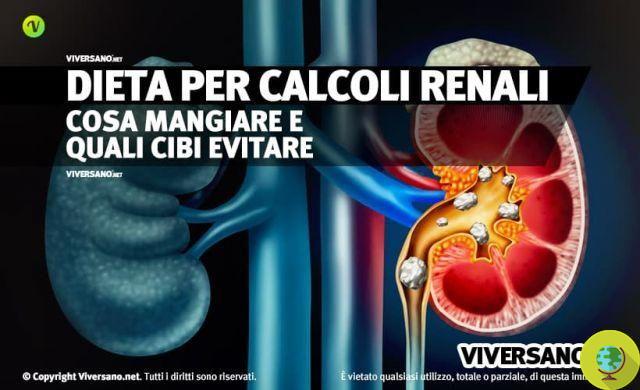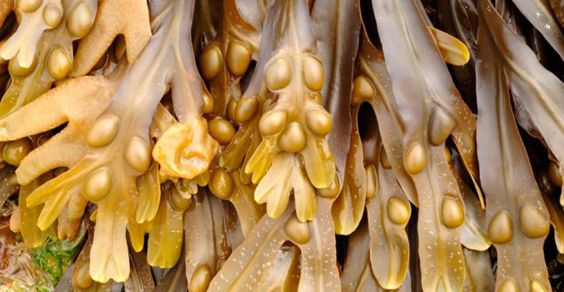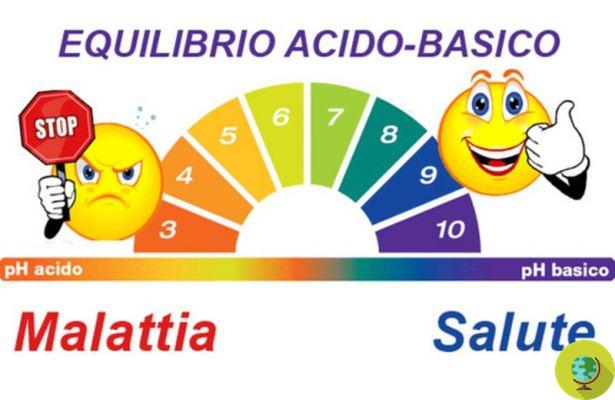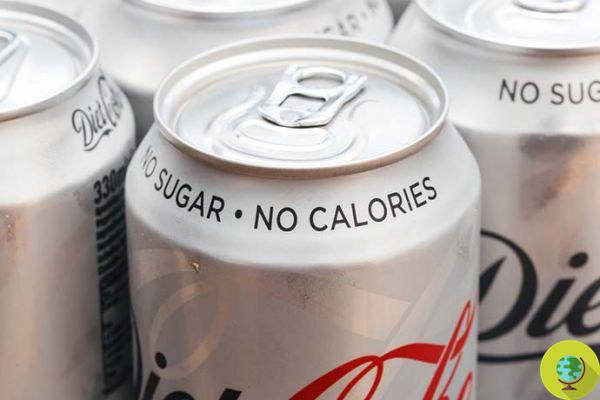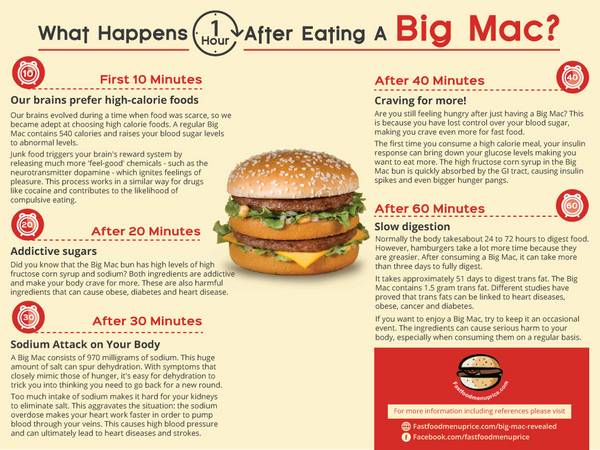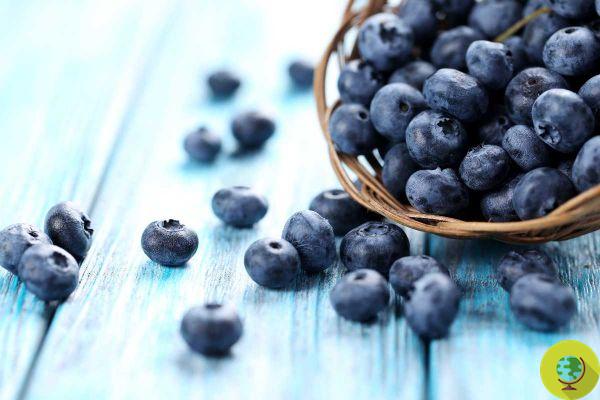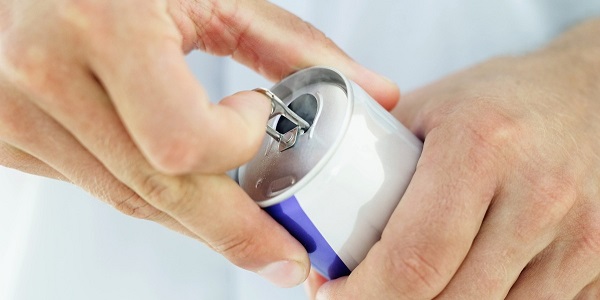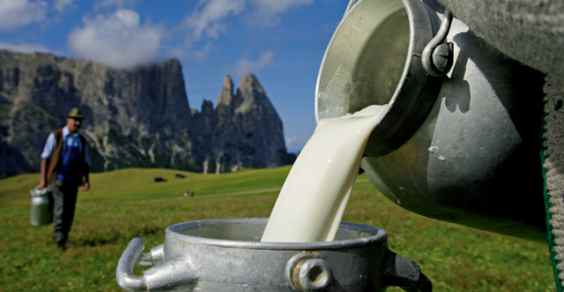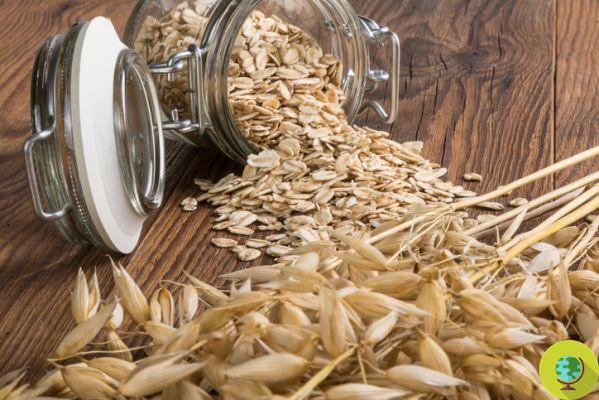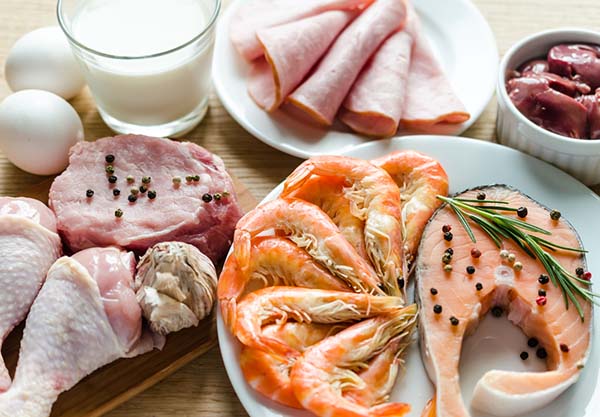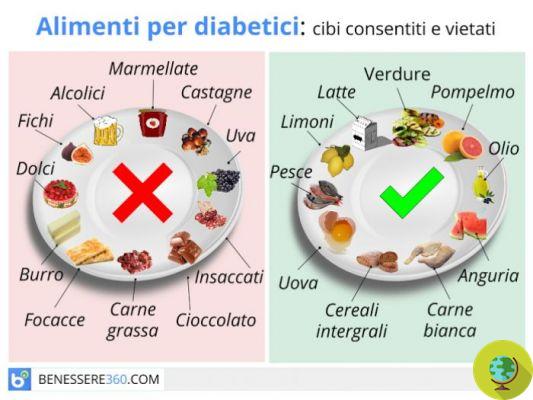
Those who regularly consume coffee or tea at 60 ° C or higher see their risk of esophageal cancer increased by 90%.
Don't store avocado like this: it's dangerousThose who regularly consume coffee or tea at 60 ° C or higher see their risk of esophageal cancer increased by 90%
Beware of drinking coffee or tea that is too hot: they could in the long run cause a cancer of the esophagus as several studies have shown, also confirmed by Airc. Those who regularly consume one of these drinks at 60 ° or higher, in fact, see their risk of esophageal cancer increased by 90%. This is why it is best to wait for it to cool down.
The alarm is raised by researchers from Tehran University in Iran, whose study joins a series of research linking hot drinks to the disease. This, however, is the first time the link has been found in a large-scale investigation that has followed a sample of people for a long time.
According to scientists, in practice, boiling water irritates the lining of the mouth and throat, which can fuel tumors.
Cancer of the esophagus is the ninth most common cancer in the world and mainly affects men over the age of 60. The esophagus is the conduit through which the food and liquids we ingest pass from the throat to the stomach. It has internal walls lined with mucous tissue and externally surrounded by a muscle tissue which, contracting upon swallowing, pushes food down towards the stomach, to which the esophagus is joined.
The development of cancer in this area is mostly due to one disproportionate cell growth that internally line this organ, or cells that form the glands that produce mucus (the mucous membrane that lines the esophagus in its terminal tract is rich in mucus-producing glands). THE symptoms they may include difficulty in swallowing, persistent indigestion or heartburn, vomiting immediately after eating, loss of appetite and weight loss.
A systematic review
Published in the International Journal of Cancer, the study looked at the drinking habits of 50.045 people between the ages of 40 and 75 living in northeastern Iran. During a follow-up period from 2004 to 2017, 317 new cases of esophageal cancer were identified: the risk of esophageal cancer increased to 2,4 times among those who regularly drank those drinks at 75 ° C.
The researchers, led by Farhad Islami, said the findings "substantially reinforce" existing evidence of the link between hot drinks and esophageal cancer.
Several mechanisms could explain how drinking hot drinks would lead to esophageal cancer: for example, the heat could damage the esophagus leading to inflammation, which could in turn damage DNA and cause the production of "fuel" of carcinogenic chemicals. Or, it could also compromise its ability to act as a barrier to harmful alcohol and smoking toxins for those with these bad habits.
As early as 2016, the International Agency for Research on Cancer (IARC) classified drinking very hot beverages above 65 ° C as probable carcinogen. In China, Iran, Turkey and South America, tea is traditionally drunk very hot - at around 70 ° C, so this study adds evidence that drinking drinks warmer than 60 ° C can increase the risk of esophageal cancer.
To avoid unpleasant surprises? Well, let's wait a few minutes before drinking a cup of freshly boiled tea and, more generally, let “burnt” foods and drinks cool before swallowing.
Read also:
- Cancer of the esophagus: fruits and sports protect, meat and sausages increase the risk
- 14 telltale signs and symptoms of cancer - here's what to look out for, according to the AIRC




